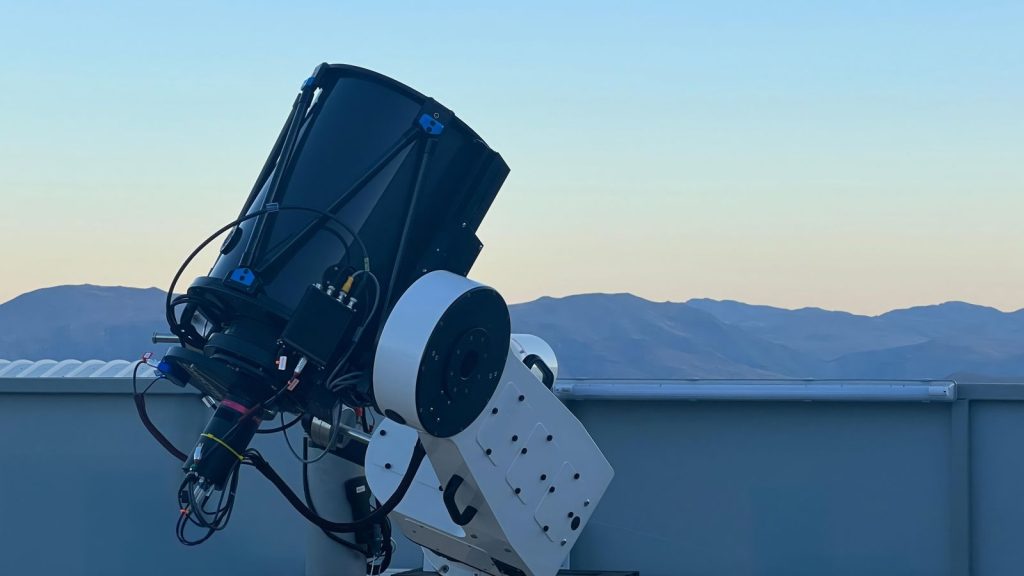London-based Spaceflux, a British space surveillance company established three years ago, is set to announce a £5.4 million fundraising round this week. The capital injection will facilitate the expansion of its global network of advanced telescopes.
The funding round was led by the UK Innovation & Science Seed Fund (UKI2S), managed by Future Planet Capital, with significant contributions from Foresight Group and Blackfinch Ventures. Seraphim Space, a prominent listed investor specialising in space-related companies, also participated in the funding. The exact valuation at which the funding was committed remains undisclosed.
Spaceflux leverages artificial intelligence (AI) and optical sensors to track satellites and debris across all orbital paths. Its unique daylight tracking capability extends observation windows beyond traditional night-time operations. The demand for its space situational awareness technologies is rapidly increasing amid concerns that a week-long disruption to satellite navigation could cost the UK economy an estimated £7.6 billion.
Marco Rocchetto, CEO and co-founder of Spaceflux, told Sky News: “As space becomes increasingly essential to our economy, environment and daily lives, it is also becoming more congested and contested. This investment strengthens our ability to protect satellite technology that delivers crucial insights to Earth around the clock, reducing collision risks, and supporting a safer, more sustainable space environment for future generations.”
Spaceflux serves both government and commercial clients and has been the exclusive provider of geostationary satellite tracking for the Ministry of Defence and the UK Space Agency since 2023. Alex Leigh, an investment director at UKI2S, commented: “This investment marks a significant step in the convergence of defence and space, where dual-use technologies are becoming increasingly important to UK capability. Spaceflux’s technology offers critical insights to help monitor and safeguard orbital assets – supporting both national security and the wider commercial ecosystem. The company is well-positioned to scale its impact and meet the needs of customers navigating an increasingly complex space environment.”
Image source: Spaceflux










